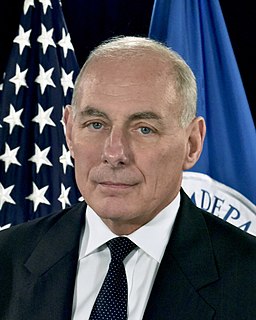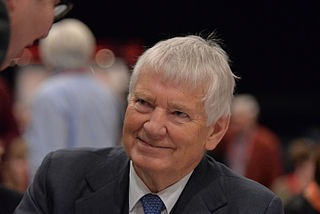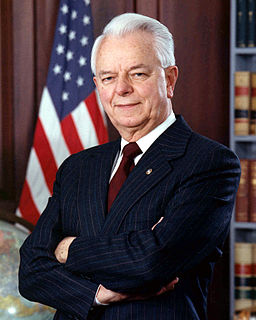A Quote by Russ Feingold
The administration has a disturbing pattern of behavior when it comes to budgeting not only for the ongoing operations in Iraq and Afghanistan but also for military requirements not directly related to these conflicts.
Related Quotes
OK, so $1 trillion is what it costs to run the federal government for one year. So this money's going to run through September of 2016. Half of the trillion dollars goes to defense spending and the Pentagon. The other half goes to domestic spending - everything from prisons to parks. So there's also about 74 billion in there that goes to the military operations that we have ongoing in Iraq and Afghanistan and Syria.
The intellectual and moral failures common to America's general officer corps in Vietnam and Iraq constitute a crisis in American generalship. Any explanation that fixes culpability on individuals is insufficient. No one leader, civilian or military, caused failure in Vietnam or Iraq. Different military and civilian leaders in the two conflicts produced similar results. In both conflicts, the general officer corps designed to advise policymakers, prepare forces and conduct operations failed to perform its intended functions.
Who was it in Afghanistan who screwed up in Tora Bora and let bin Laden escape? It was the Bush Administration. Who leached all the resources, military and civil, from Afghanistan, creating the instability that we see there today in order to prepare for the misbegotten invasion of Iraq? It was the Bush administration. If there's a terrorist problem today, who is responsible now? Bush has not done the job.
Look what happened with regard to our invasion into Afghanistan, how we apparently intentionally let bin Laden get away. That was done by the previous administration because they knew very well that if they would capture al Qaeda, there would be no justification for an invasion in Iraq. There’s no question that the leader of the military operations of the U.S. called back our military, called them back from going after the head of al Qaeda.
Yes and no. Because America has only about 1 percent of the population serving in the military, it is hard for many civilians to understand the sacrifices military families make. However, my experience is that after the Vietnam War, the public learned that they should support the military whether or not they support the war. You've seen that outpouring of support for the veterans of both Iraq and Afghanistan.
Action had to be taken in response to the terrorist attacks on September 11, but I am very concerned about the current administration's rhetoric and apparent zeal to expand military action to other places. I'm afraid that terrorism is being used as an excuse, not only for possible military action in such places as Iraq, Iran, and the Philippines, but also for exorbitant increases in defense spending that have nothing to do with terrorism.


































